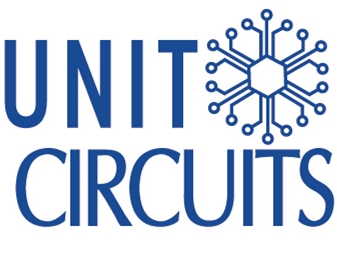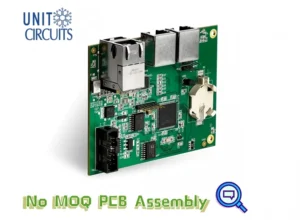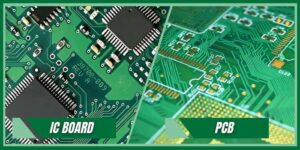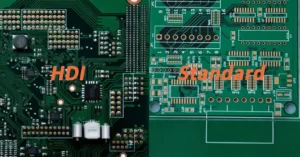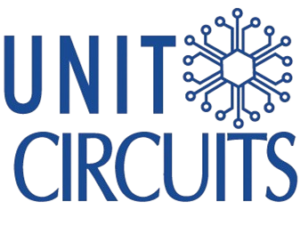Quick Leads-PCBA
Many decision-makers worry about outsourcing SMT assembly to China: Will the boards fail? Are the components real? Will delivery dates slip? I’ve audited dozens of factories over the past decade, and I’m here to show you how to audit SMT factories the right way—so you get quality without the stress.
To ensure reliable PCB assembly quality in China, audit the SMT factory’s certifications (like ISO 9001 and RoHS), check their soldering process control, evaluate AOI/X-ray inspections, verify their traceability system, and inspect staff training and BOM handling procedures. These checks help reduce soldering defects, fake components, and process instability—ensuring you pick a dependable SMT assembly partner.
Let me break down each audit check, the red flags to watch out for, and the proven steps we use to evaluate SMT assembly partners in China.
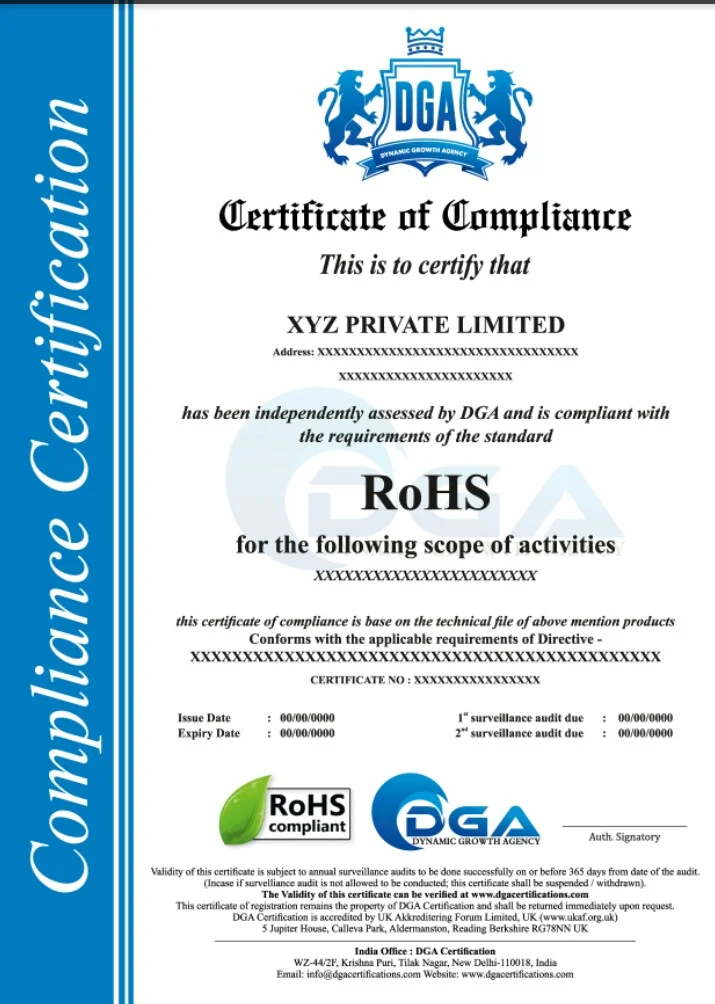
1. How do you audit an SMT factory in China?
Auditing an SMT factory in China starts with verifying its quality management system (QMS). We always ask for the following certifications up front:
-
✅ ISO 9001: Basic QMS standard for consistent production
-
✅ RoHS & REACH: Ensures lead-free, eco-compliant manufacturing
-
✅ IPC-A-610: Ensures workmanship meets industry-accepted visual criteria
-
✅ ISO 13485 (if medical): For medical electronics applications
Once we’ve seen their documents, we visit the site and cross-check:
-
Is the certification active (check expiration date)?
-
Is it factory-wide or department-specific?
-
Are their internal quality procedures actually followed?
Factories can pass audits on paper but fail in practice. That’s where check #2 comes in.
To get a full walkthrough of the process, from planning to post-audit review, check out our step-by-step SMT audit guide. It explains what to look for, who should be involved, and how to interpret results effectively.
2. What should be on a PCB factory quality checklist in 2025?
The real audit happens on the production floor. Our SMT assembly quality control checklist includes 20+ points, but here are the essentials:
-
Cleanliness and ESD-safe environment
-
Controlled solder paste printing
-
Stencil inspection and maintenance
-
Proper pick-and-place alignment
-
Reflow oven profile logs
-
Final AOI/X-ray inspection
-
Work instruction availability
-
Labeling & traceability system
-
Proper storage for MSD components
Here’s a side-by-side comparison chart we use internally to judge results:
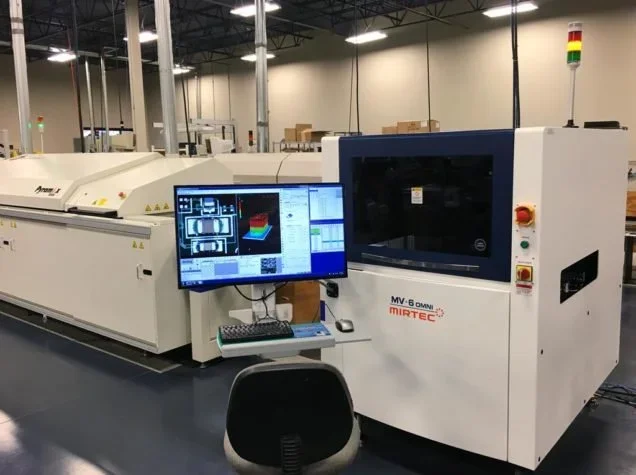
📊 SMT Factory Audit Results — Poor vs Ideal
| Audit Area | Poor SMT Factory | Ideal SMT Factory (Recommended) |
|---|---|---|
| Certifications | None or expired | ISO 9001, IPC-A-610, RoHS Certified |
| Soldering Equipment | Manual only | Automated + Controlled Reflow Profile |
| Inspection | Visual only | AOI + X-ray + ICT |
| BOM Handling | No traceability | Barcode traceability system |
| Staff Training | No certification | IPC-certified, continuous training |
If a factory can’t meet these, it’s a red flag.
3. What are the key checkpoints during PCB assembly?
Let’s go deeper into SMT process control, which is where many failures happen.
🔧 SMT Process Audit Points:
-
Solder Paste Printing – Is their stencil clean? Are they checking thickness?
-
Pick-and-Place Machine – What’s the placement accuracy (±0.05mm is good)?
-
Reflow Oven – Do they monitor reflow temperature profiles with every shift?
-
AOI (Automated Optical Inspection) – Are they inspecting 100% of boards?
-
BGA Inspection – Is there X-ray equipment on-site to check hidden joints?
These checkpoints directly impact outcomes like soldering defects, misaligned components, and even latent failures.
I often find outdated reflow ovens or manual alignment—both are a recipe for disaster.
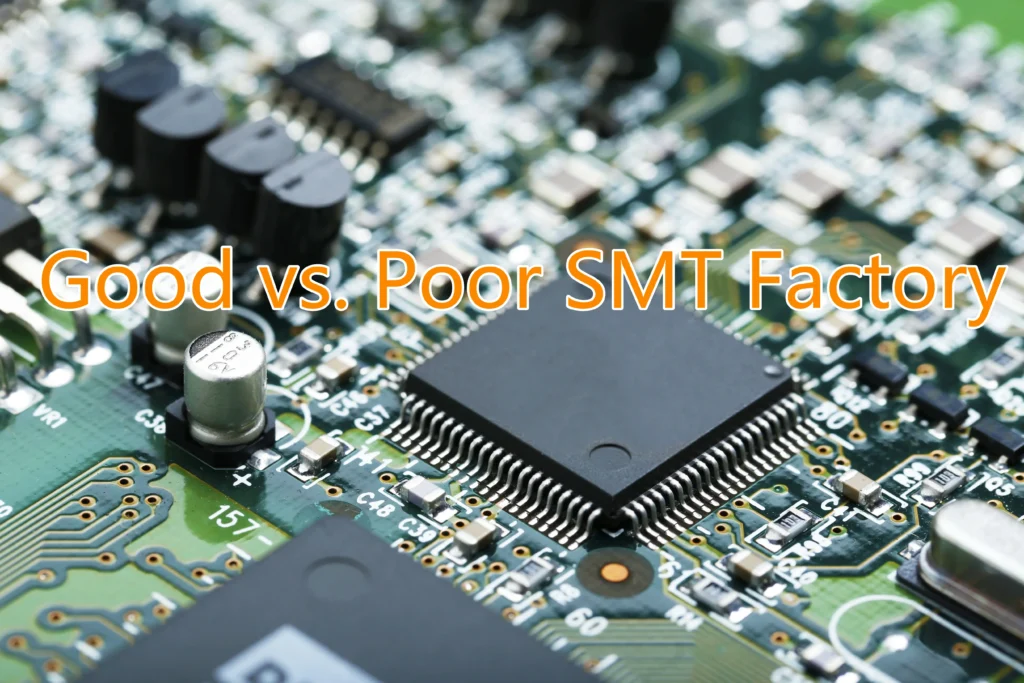
Unit Circuits: Leading PCBA Manufacturer
 ISO-certified & 8+ years of PCBA
ISO-certified & 8+ years of PCBA Low MOQ & Fast Turnaround
Low MOQ & Fast Turnaround Prototype & Mass production
Prototype & Mass productionLimited Time Offer:
Get $100 off your order TODAY!
4. What are common quality issues in PCB assembly and how do we fix them?
Here are some real problems we’ve encountered—and how we solve them:
🛠 Common PCBA Quality Issues:
-
Solder bridging – often caused by excess paste or stencil problems
-
Tombstoning – a reflow temperature imbalance
-
Cold solder joints – low temperature or poor wetting
-
Misalignment – faulty pick-and-place setup
-
Oxidized components – poor storage, moisture issues
🔧 How We Fix Them:
-
Use DFM review before production to catch layout issues
-
Enforce SPC (statistical process control) during soldering
-
Store all components in dry cabinets
-
Perform incoming quality control (IQC) on critical components
We don’t just talk about solutions. We implement them—with traceability, logs, and checklists.
5. What are SMT quality control best practices?
The best factories don’t just react to defects—they prevent them. Here’s what we expect to see:
-
Operator training logs (IPC-certified staff)
-
Daily maintenance of AOI and reflow ovens
-
In-process inspection checkpoints
-
Corrective action reports logged and tracked
-
DFM feedback loop with engineers
We once disqualified a supplier who had great machinery but untrained operators. A Ferrari without a driver is still useless.
Also, don’t forget the importance of RoHS compliance and lead-free soldering processes, especially for EU-bound products.
RoHS compliance isn’t just a checkbox—it impacts long-term performance and market eligibility. Learn how to choose the right solder for your product in our RoHS solder guide.
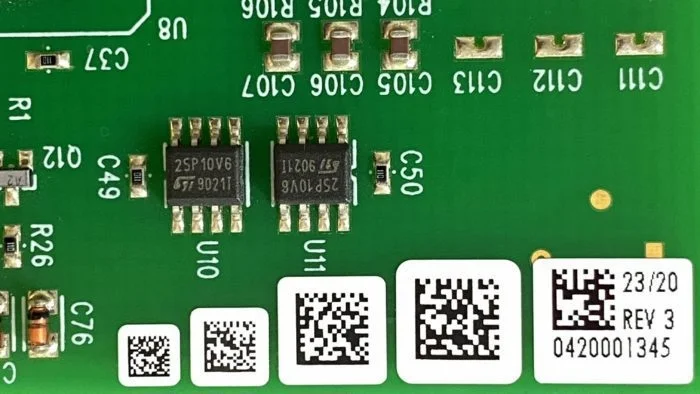
6. What’s the SMT assembly quality control checklist I can use?
Here’s our go-to SMT assembly quality control checklist (free to adapt):
📋 Core Checklist Items:
-
✅ ISO, IPC, RoHS certificates verified
-
✅ Clean room and ESD environment
-
✅ Proper stencil alignment and cleaning schedule
-
✅ Reflow profile tracking and logs
-
✅ AOI test report sample review
-
✅ BGA area X-ray inspection example
-
✅ Staff badge = IPC trained operator
-
✅ BOM sheet control with batch code
-
✅ Traceability via barcode/QR code system
Want a quick comparison of DIY audits vs working with a vetted supplier?
Download the official IPC PCBA quality checklist to benchmark your own audits against global standards.
📊 Turnkey PCB Assembly Evaluation — In-house vs Outsourced
| Evaluation Factor | In-house DIY Audit | Partnered with Turnkey EMS Supplier |
|---|---|---|
| Audit Expertise | Limited to your checklist | Done by factory engineering team |
| Lead-free Compliance | Unknown | Verified RoHS + Lead-free Soldering |
| Component Sourcing | Manual + Time-consuming | Centralized sourcing + QC process |
| Risk of Counterfeits | Higher | Vetted suppliers + lot traceability |
| Engineering Support | None | Free DFM + Gerber Review |
7. How to evaluate SMT supplier in China for turnkey assembly?
Here’s how we spot a reliable turnkey PCB assembly supplier:
-
Transparent factory tour (online or in-person)
-
Real-time production updates
-
Inventory tracking for BOMs
-
Clear DFM feedback process
-
Shipping and customs support
And here’s what to avoid:
-
No reflow profile logs
-
No real-time QC reports
-
No staff info or training proof
-
Hesitation to show processes
-
No RoHS documentation
Whether you’re looking for RoHS-compliant PCB assembly from China, or need lead-free soldering service with component sourcing, a turnkey model reduces your headache significantly.
8. What are the key factors to assess PCB assembly partners in China?
When we help clients evaluate suppliers, these are the core questions we ask:
-
Do they give design for manufacturability (DFM) suggestions?
-
Are incoming inspections done for every component batch?
-
Can they produce first article reports before volume run?
-
How do they handle RMA or warranty?
-
Is their communication fast and technical?
Honestly, great PCB assembly is not just about machines. It’s about process control, transparency, and responsiveness.
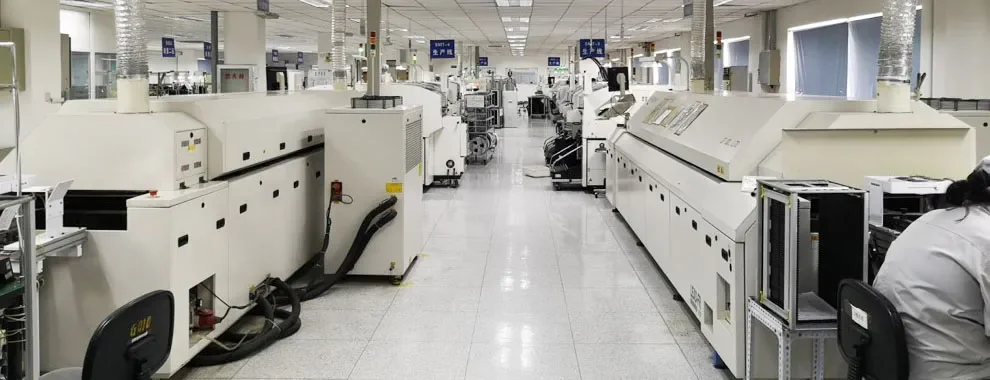
9. What are China EMS factory audit standards I should know about?
At minimum, your supplier should meet:
-
ISO 9001 – Basic QMS standard
-
IPC-A-610 – Visual inspection criteria
-
RoHS/REACH – For EU compliance
-
ESD Standard (ANSI/ESD S20.20) – For electrostatic control
Optional but beneficial:
-
ISO 14001 – Environmental management
-
ISO 13485 – For medical PCBA
-
IATF 16949 – For automotive electronics
Always request documents before the audit, and verify against public databases if needed.
10. What makes a reliable turnkey PCB assembly supplier?
I’d say this: a great EMS partner feels like an extension of your team.
They’re proactive. They send DFM advice. They fix issues before you even ask. They keep your timeline, your standards, and your trust.
With a sustainable electronics manufacturing partner like UnitCircuits, for example, you also get:
-
EU RoHS-compliant lead-free PCB process
-
In-house sourcing + multi-vendor backup
-
Customizable quality plans
-
Flexible MOQ for scaling
-
Clear warranty and issue resolution
FAQs
1. What is included in a quality audit checklist for PCB assembly?
A quality audit checklist for PCB assembly covers component verification, process control, soldering consistency, ESD protection, and final inspection methods. It ensures that SMT assembly quality control standards are met at every stage. A good checklist also includes traceability, staff certifications, and environmental compliance like RoHS—key for evaluating a turnkey PCB assembly supplier.
2. How is a factory audit process structured for SMT suppliers?
The factory audit process typically follows seven steps: planning, document review, on-site inspection, interview with engineers, process validation, corrective action reporting, and follow-up. When auditing SMT suppliers in China, we focus on verifying the PCB manufacturing audit process, compliance with EMS factory audit standards, and real-time quality assurance capability.
First article inspections are a vital part of any robust SMT audit process, as outlined in this IPC FAI strategy guide.
3. What are the 4 C’s of auditing in electronics manufacturing?
The 4 C’s—Control, Consistency, Compliance, and Capability—are crucial when evaluating an SMT factory in China. Control checks ensure stable processes. Consistency measures repeatability in PCB assembly. Compliance covers standards like ISO 9001 and RoHS. Capability reviews include equipment, staff skill, and technical depth—key factors to assess PCB assembly partners effectively.
4. What is the role of a certified factory auditor in PCB sourcing?
A certified factory auditor plays a critical role in mitigating risk when sourcing from China. They evaluate SMT assembly quality control, verify internal QMS systems, and assess the supplier’s ability to meet DFM and RoHS standards. This ensures the chosen turnkey PCB assembly partner can deliver sustainable, defect-free electronics manufacturing.
Have Specific Requirements?
Looking for high-precision PCB assembly for your products? Our team specializes in delivering top-tier assembly services, ensuring your devices perform flawlessly in any environment. Contact us today for a free consultation on how we can enhance your product’s reliability.
🔚 Summary
SMT factory audits in China don’t need to be scary. Use the 10 checks we shared above—plus our side-by-side charts—to evaluate your suppliers confidently. Need help reviewing a factory or want us to handle turnkey PCB assembly? Let’s talk—we know what quality looks like.
Save on your next PCB project?
Claim $100 OFF your order today.
✅ high-quality PCB assembly with strict quality control ✅ ISO-certified & 8+ years of experience. ✅ Low MOQ, fast turnaround, and 100% E-tested PCBs.
Additional Resources:
- How to Repair Circuit Boards: A Step-by-Step Beginner’s Guide
- Capacitor on Circuit Board: A Comprehensive Guide
- What Are PCB Conformal Coatings? Types, Benefits, and Applications Explained
- SMD Size Codes Explained: A Complete Guide to Understanding Surface-Mount Component Dimensions
- AC vs DC: Key Differences, Applications, and Advantages in Modern Electronics
Request for Quote
RECENT POSTS
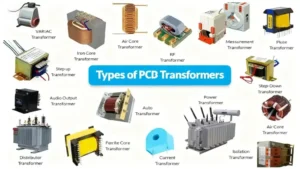
PCB Transformer Explained: Types, Working Principle, and Design Tips
Discover how PCB transformers work, their key types, and design integration tips. Learn to select
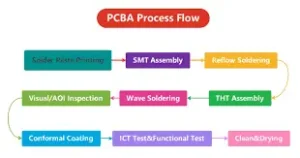
Why Smart OEMs Avoid Cheap PCB Assembly: 5 Hidden Risks That Cost More
Avoid costly mistakes in OEM projects. Discover why cheap PCB assembly risks quality, compliance, and
RELATED POSTS
Leading PCBA Manufacturer
✅ Assemble 20 PCBAS for $0 ✅ Get $100 OFF – Risk-Free Trial!
✅ 100+ Satisfied Customers
✅ Ensured Quality & On-Time Delivery
✅ Free Trial, No Commitments!
